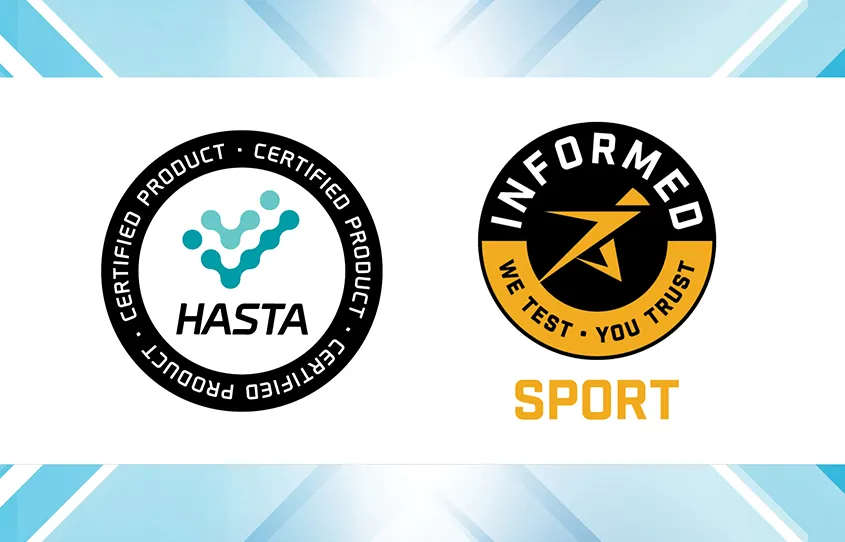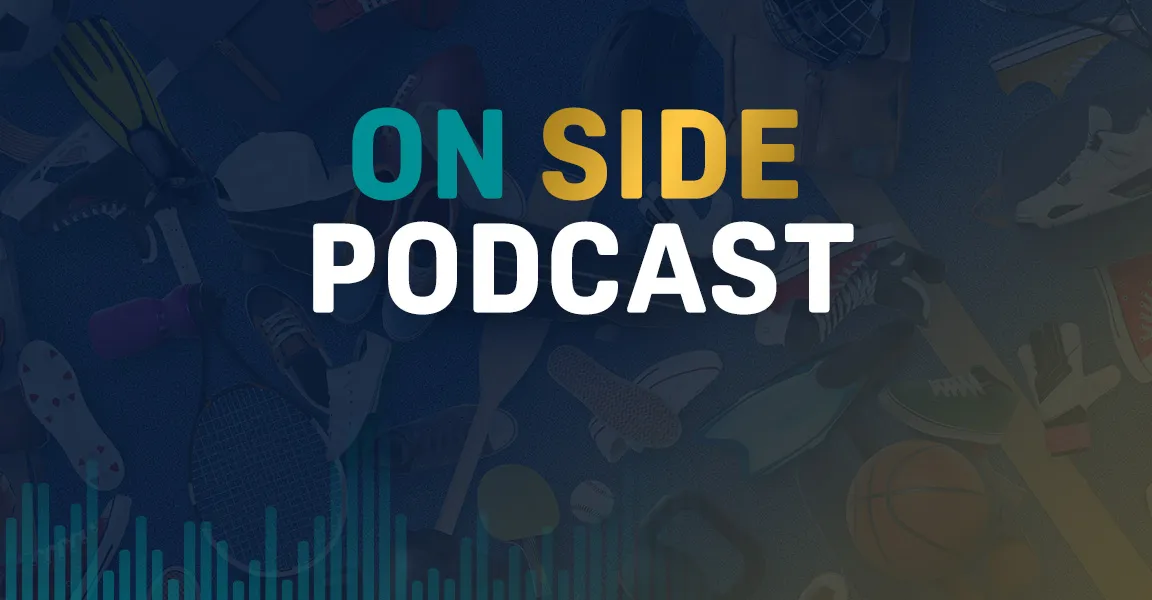As an athlete, taking a supplement is a risk. There are dangers of doping and potential risks to your health and sporting career.
We recommend athletes do not take supplements and instead choose a healthy food-first diet.
It’s important to understand, when it comes to doping rules in sport, athletes are totally responsible for any substance found in their body – no matter how it got there.
So, if you choose to take a supplement, it’s up to you to do the checks. It’s important to do these checks every time, even if you are recommended supplements by a medical or health professional.
If you do decide to take a supplement, you can lower risks by using products that have been independently tested for banned substances. This is known as batch-testing.
How to check if a supplement is batch-tested
Remember: when it comes to supplements, the only way to be risk-free is to avoid using them altogether.
Know the supplement risks
Supplements have both doping and health risks for athletes.
Doping risks
Even if a supplement is on a supermarket shelf, that doesn't make it safe for athlete use. Every year, athletes around the world receive doping bans because of supplements.
These sport bans can be up to 4 years.
No supplement can fully guarantee an athlete that they will not test positive to a banned substance.
Supplements that are not batch-tested carry far greater risk for athletes.
Our latest research conducted with HASTA, tested more than 200 supplements that had not been independently batch-tested.
Risks of non batch-tested supplements
contained substances banned in sport by WADA.
of products with banned substances did not list these substances on their label or anywhere else.
of banned substances detected were naturally occurring compounds. Marketing that says all natural or herbal – does not mean it’s safer for athletes to use.
Banned substances were also found in 53% of muscle builders, 49% of fat burners and 34% of pre-workout supplements tested.
Many risky supplements contain different classes of prohibited substances, most commonly stimulants, anabolic agents and peptide hormones. There is also risk of cross-contamination during the manufacturing process if other products are being made in the same factory.
Health risks
Supplements can also carry health risks.
The have been reports worldwide of athletes and others suffering major health problems due to supplement use. Low grade or dangerous ingredients may be used, high doses of some substances can cause toxic imbalances and contaminated products can cause health issues.
Using different supplements with similar ingredients may accidentally lead to exceeding the safe upper limit for certain micronutrients, which could also harm your heath.
- The Therapeutic Goods Administration (TGA) has banned (prohibited in sport) some supplement ingredients due to risks to human health
- The TGA has also made changes to the regulation of certain sports supplements in a positive step to help protect consumers.
Athletes should consider risks to their health as well as doping risks before using any supplement.
Still weighing-up taking supplements?
Check out these resources first to make a more informed choice:
Choose food-first nutrition
The safest option for athletes is a food-first approach to nutrition. This is true for all athletes, but especially for those under the age of 18. The following habits can help athletes with their performance.
Maintaining a healthy food-first diet
It’s recommended athletes have a varied and nutritious diet filled with good amounts of protein, carbohydrates and fats. Bananas are a good source of energy helping to improve the digestive system and kidneys. Chicken and protein sources are good for building and maintaining muscle mass. Foods rich in vitamins like broccoli help you recover quicker from injuries and muscle fatigue.
Getting enough sleep
Around 7 to 9 hours of sleep is important for the health and performance of all athletes. Not enough sleep can cause fatigue, a lack of concentration and slow recovery.
Staying hydrated
This is one of the most important parts of an athlete’s diet. It helps sustain body volume and regulate body temperature. It also helps reduce the risk of heat stress, maintain muscle function and prevent a decrease in performance and fatigue.
Getting advice
Before deciding to use a supplement, get advice from experts like an accredited doctor, nutritionist or sport dietitian about diet, lifestyle and training.
In some circumstances, medical or health professionals may identify a health deficiency and recommend a dietary supplement. In all discussions with health professionals, athletes should explain they are subject to anti-doping rules in sport.
Ask questions like:
- Are there natural food alternatives to address the deficiency?
- Could changes to training and recovery help?
- Is there is a registered medicine, which carries a much lower risk of doping contamination, which can be checked on the Global DRO website?
Athletes who are recommended a supplement by a medical or health professional should still carry out the same checks on the Sport Integrity App to minimise risks.
Looking for food-first nutritional advice? To make more informed food choices visit the Sports Dieticians website
Supplement tips to remember
- No supplement is 100% safe: the best way to reduce risks is to avoid supplements entirely
- Consider food-first and seek professional advice from experts like an accredited doctor, nutritionist or dietitian to help find out if you even need supplements
- If you must use supplements, make sure they’re batch-tested. Download the Sport Integrity App now and use the supplement checker before taking any supplement
- Keep evidence of any supplement you research and take. Keep screenshots of your supplement check on the Sport Integrity App and record specific batch numbers and expiry dates
- Avoid higher-risk supplements, including those made in China, India or the USA. Beware of products such as muscle-builders, fat-burners and pre-workouts
- Don’t fall for marketing hype such as bold claims in advertising or on the packaging. You can check every ingredient on the labels but you need to beware some ingredients may not be listed or may have alternative names
- Check if the seal, pack and cap of the supplement is intact before using the product
- If you have an anti-doping test, list all supplements you have used on your doping control documentation
- Review any supplement use regularly to check if you still need it
- Stay informed: access our free education tools and resources.




